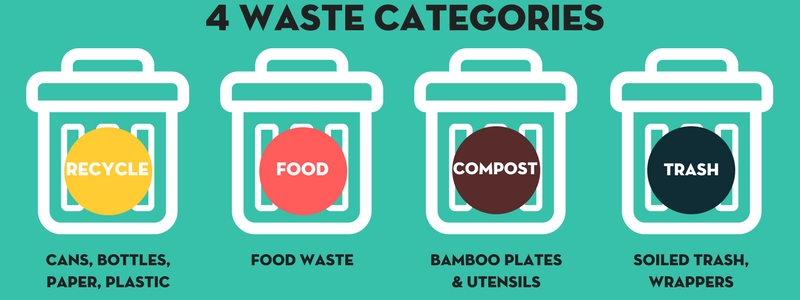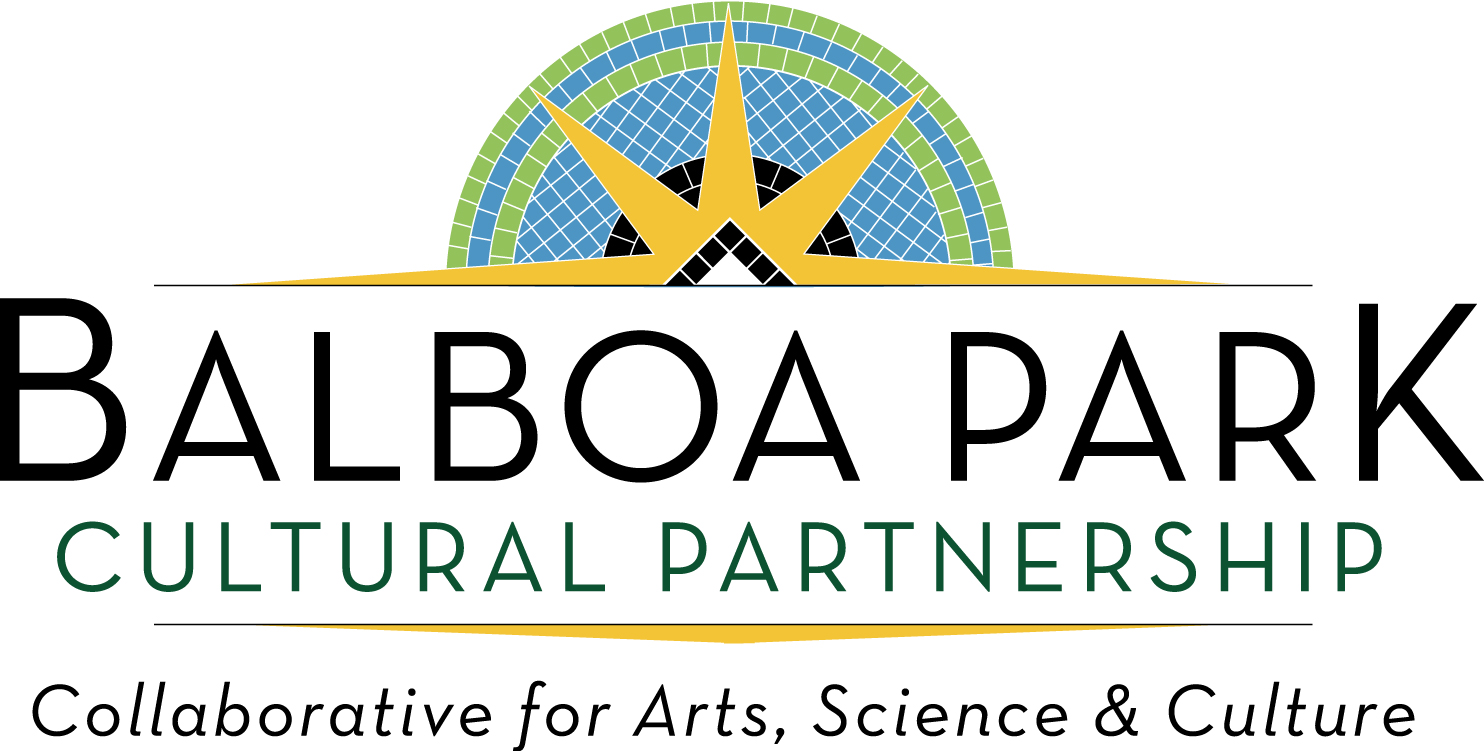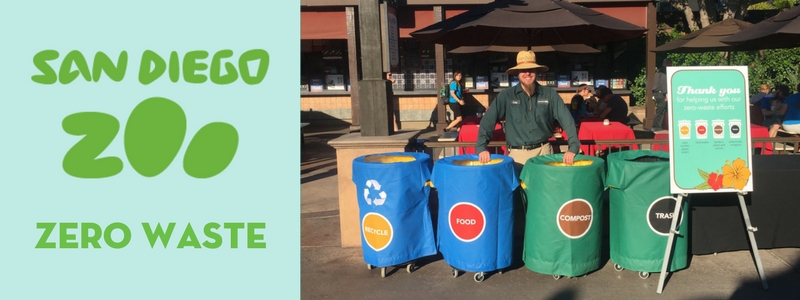The larger the organization, the more potential for resource savings and change. The San Diego Zoo as the largest organization in Balboa Park by acre, has answered the call for waste diversion action. Waste diversion is any method of keeping waste out of a landfill. This can include recycling, composting, donating, or a number of other creative options.
In January of this year, California State Assembly Bill 1826 (AB-1826), began to require any business that produces one dumpster per week of organic waste (food, yard waste, etc.) to arrange for recycling services for that organic waste, and in 2020 will require businesses that create two cubic yards (half of a standard dumpster) of organic waste to do the same. This means preparations must be made. The popular option is to get an organics dumpster and have it collected. A more creative option, and one chosen by the Zoo, is to arrange for organics pickup, but to also reduce the amount of waste that needs to be hauled in general. This will not only cut down on the waste hauling bill but will also make a much-needed positive impact on the amount of waste created in San Diego. The City of San Diego’s aggressive Climate Action Plan goes beyond the statewide mandates with a goal of Zero Waste by 2040. Statewide, there are progressive goal markers such as 75% of solid waste be source reduced, recycled, or composted by 2020, enforced by California Assemby Bill 341 (AB-341). The City of San Diego’s Zero Waste Plan goes beyond the current statewide standards, and the Zoo is working hard to meet that goal.
As a large venue, the San Diego Zoo caters events in addition to running over twelve restaurants daily. Having catered events produces a great deal of food waste. Starting in April 2016, the Zoo began their food waste diversion efforts by donating leftover food from their events to food-insecure San Diegans. With approval from the City, in September 2016, the program grew to include diversion of all pre-consumer food waste from every kitchen in the Zoo. This food waste is collected and brought to Miramar Greenery to be converted into compost. Animal food prep waste is composted onsite at the Children’s Zoo facility. In preparation to host the 2016 Annual Conference for the Association of Zoos and Aquariums, the Zoo developed a Zero Waste Event Model never before done at the Zoo or this conference. The model succeeded in diverting 100% of food waste from the local Miramar Landfill. Having achieved zero waste on a small scale, the Zoo is now working to implement a complete organization-wide food waste diversion program.
In partnership with the City’s Department of Environmental Services, the Zoo set a goal of diverting 50 tons of organic waste from the landfill during 2017 and they are on track to succeed. The Zoo was among one of the 2017 Outstanding Achievement Award winners at the City of San Diego’s Waste Reduction and Recycling Awards Ceremony.
The Zoo’s Zero Waste program not only has a great direct impact on waste diversion, but it also incorporates education and encourages positive behavioral change. An instrumental factor in improving waste diversion is educating the Zoo’s staff and visitors. The Zoo has recognized the need for a better communication strategy and created special signage and bin covers. Event signage includes four categorized bins to help guests properly sort their food, utensils, and other waste items. The Zoo also provides waste sorting training to staff who then can provide help in answering guest questions.

The Zoo’s waste diversion program is in keeping with their mission of saving species worldwide. Although it’s merely a local effort, waste diversion can have a global impact by reducing greenhouse gas emissions, lending to habitat preservation and stability worldwide. As a community leader in sustainability, the Zoo has created a program model that can be adopted by other organizations. The 2020 organic waste diversion mandate associated with AB-1826 and the City’s Zero Waste 2040 goal will continue to widen the net of those included in the effort to divert more waste. The urgency grows every year as the only city-run landfill, the Miramar Landfill, is scheduled to close by 2030. The Zoo’s efforts are a model to be followed in the coming future.
“The San Diego Zoo is on track in 2017 to divert over 50 tons of food prep waste to the Miramar Greenery for composting; and in addition to that we have donated over 6,100 meals to food insecure San Diegans. These programs remove this waste from going to the landfill, which reduces greenhouse gases and also slows down the rate at which the landfill grows each day. Food waste is a huge issue with up to 40% of food being wasted and sent to landfills. The success of the San Diego Zoo program is conveyed to guests who are encouraged to compost their food waste and be responsible when making initial purchases of food.”
-Adam Ringer, San Diego Zoo Global’s Director of Performance Improvement

